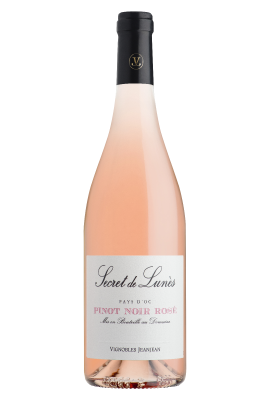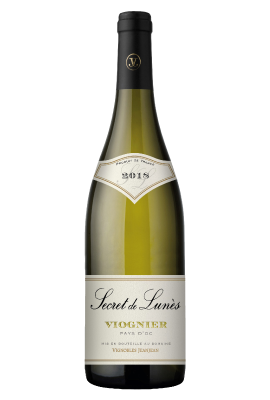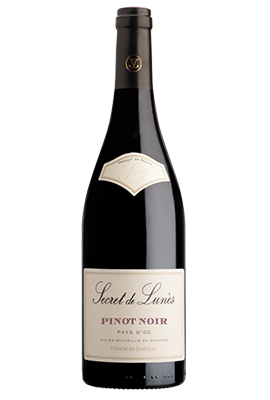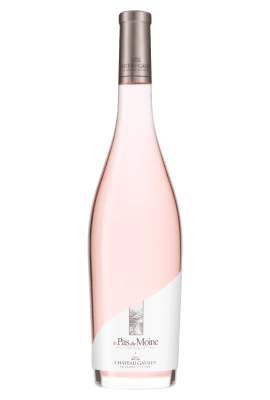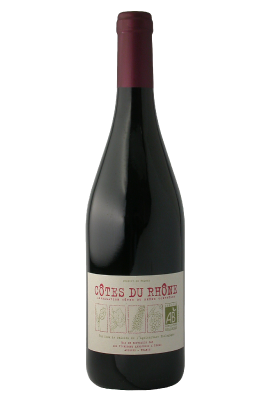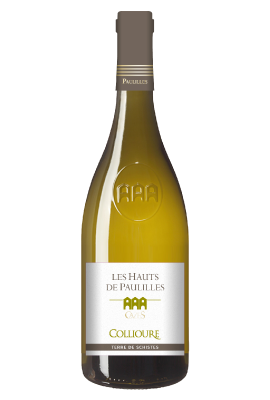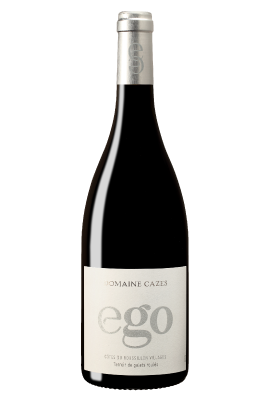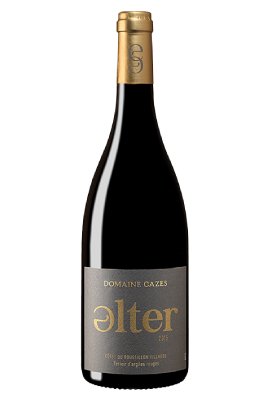[Organic to Vegan] Is Sulphites in wines bad?
Terminology: sulphur, sulphur dioxide, sulphites and sulphides
It is easy to confuse the numerous similar-sounding, but chemically distinct terms relating to sulphur in wine.
Sulphur is sprayed on vines as a fungicide to prevent powdery mildew. In the past, it was also burnt in winery buildings and casks to destroy unhelpful bacteria and yeasts, a practice that seems to be on the rise again.
Sulphur dioxide (SO2) or sulphites – in liquid, gas or powder form – may be added to grapes or wine during winemaking, from harvesting to fermentation and bottling; yeasts also produce natural SO2 during fermentation.
Sulphide / Sulfide is an inorganic anion of sulfur with the chemical formula S²⁻ or a compound containing one or more S²⁻ ions.
Sulphites / Sulphites are present, to a greater or lesser degree, in all wine. Sulphides are volatile sulphur compounds (hydrogen sulphide, mercaptans and disulphides) that, when present at high levels in wine, are associated with wine faults such as reduction and rotten egg or rotten vegetable smells.

Labels are asked to have sulphites warning
SO2 definitely has a bad rap when it comes to popular opinion. You see “contains sulphites” on every bottle of wine that contains more than 10 parts per million (ppm) of sulphites or 10 milligrams per litre. This line has been printed on all bottles of wine sold in the US since 1988, and within the EU since 2005.
Only those with less than 10 parts per million (PPM) are exempted, and here’s the rub – sulphur Dioxide, to which “sulphites” refers, is a naturally occurring bi-product of the fermentation process during winemaking, so all wine contains some sulphites at a level of about 10 ppm without any added SO2, meaning that even many "no added sulphites" wines must display the offending words on the label.
It is necessary to label wines such, as it is estimated that around 1% of people have some sort of allergy to sulphites. Severe asthma sufferers are particularly prone as are people without the necessary enzymes to break down sulphur Dioxide.

Why adding sulphites to wines?
Sulphites are added by the winemaker to stabilize and preserve the wine and make the wine more consumer-friendly. Generally, fewer sulphites are added to red wine than white, rosé or dessert wines as tannins in the red wine act as a natural stabilizing and aging agent. Dry and delicate white wines require more sulphites to preserve them.
Does sulphites s in wine are harmful?
Probably not, at least not in the minuscule amounts found in modern wines – typically 20-200 PPM. Compare that to a handful of dried fruit, which will have been dosed with anywhere from 500-3,000 PPM. While this amount could theoretically cause an adverse reaction in an asthmatic, it’s extremely rare: sulphites intolerance reportedly affects less than 1% of the population.
As a guide, the upper limits on wine are Red Wine 150 parts per million (150mg per litre) 200ppm for white and Rosé and up to 400 ppm for dessert wine.
Sulphites cause "wine headache"?
Sulphites often are blamed for a headache after drinking wine, however, that may be misleading, like tannins, histamines and, of course, alcohol is also prime suspects.
Andrew Waterhouse, professor of enology at UC Davis, asserts: ‘There is no medical research data showing that sulphites cause headaches.
Given the apparent lack of health risks, many winemakers insist on reducing their sulphites usage to a bare minimum, or even to zero as they believe SO2 also mutes the delicate nuances that express vintage or vineyard character, despite its usefulness in slowing oxidation and knocking out harmful bacteria.
If you want to further reduce the effects of sulphites, open and decant your wine 20 minutes before consumption to allow some of the sulphites to be released into the atmosphere.
If you want to avoid sulphites, you can try Organic, Biodynamic or natural wines where the upper levels of sulphur are controlled and are included in the certification. These down-to-earth products are now available at WeWine stores nationwide.

Source:
https://www.templarwines.co.uk/organic-to-vegan/
https://www.decanter.com/learn/wine-terminology/sulfites-in-wine-friend-or-foe-295931/
https://www.decanter.com/learn/no-sulphites-added-wine-the-great-debate-451195/
Recommendation from WeWine 
Related posts
-
What exactly is Biodynamic Wine? Biodynamic wine is great and somewhat odd.
-
Less powerful hangovers, fewer chemicals, and kinder to the environment – no wonder drinking organic wine is becoming a trend.
-
The entire vineyard is cultivated using sustainable viticulture practices; Use solar energy, recycle wine bottles.
-
It’s completely logical to think that all wine must surely be vegan. It is, after all, a drink that’s made from pressing and fermenting grapes! While the wine itself is completely fruit-based, it’s the production techniques used in the winery that can turn a vegan-friendly blend into one that vegans would want to avoid.
-
Organic wine has been on the market since the 80s, but at that time the quality was not appreciated. Later, the wineries adjusted the way of making wine and organic wine became one of the trendy beverages in 2009 - According to a survey by the American Restaurant Association.
Copyright © 2020 by WeWine
You must be over 18 to consume alcohol | Sitemap


